Before formal instruction in math, primary math (“number sense”) should be learned similarly to the way a toddler picks up their spoken language. In a rich home environment, by participating in a family’s everyday activities, children naturally learn many basic math concepts through experience, conversations and games. Later on, they more easily learn the written syntax of math, because they have already internalized and are using the basic concepts. See this article for info:
https://www.psychologytoday.com/us/blog/freedom-learn/201003/when-less-is-more-the-case-teaching-less-math-in-school
Avoid Common Core and “new math”
Most math curricula fall into one of two approaches: “Mastery” (sequential introduction of new concepts once the current one is mastered) or “Spiral” (frequent introduction of new concepts and repeated reviews of previous concepts). Some students will learn better with one or the other approach: ask an experienced homeschool mentor, see https://www.homeschoolhere.com/spiral-vs-mastery-math/, or search online to help decide which would work best for your student.
If possible, all students should gain proficiency through Algebra.
Past Algebra, most people only need to be competent in consumer math, practical math, and problem-solving.
Further math study can be pursued according to a student’s anticipated higher education, vocation or career path. For example, Geometry is useful for many technical, vocational, and professional careers.
Mathematics concepts are best learned in the following sequence:
Primary Math (first math concepts)
- Arithmetic
- Pre-Algebra
- Algebra I and II
- Geometry (sometimes studied between Algebra I and II)
- Pre-Calculus
- Trigonometry
- Calculus
- Statistic
Primary Mathematics
- Math picture books, e.g. “Sir Cumefrence and the…”
- Measuring, weighing, cooking, counting, money, telling time, recognizing numbers, etc.
- Games that involve math, card games, logic games, puzzles, etc.
Consumer and Practical Mathematics
- Dave Ramsey or other personal finance homeschool course
- Tracking spending, making and using budgets, comparing prices, etc.
- Crafts: sewing, carpentry, woodworking, etc. build problem-solving skills
- Life of Fred math series: new concepts are introduced in response to “real-world” situations in the storyline
Textbook Options
- Mastery: Math-U-See, Singapore, Modern Curriculum Press, Jacob’s, Foerster, Seton
- Spiral: Horizons, Saxon
- Other: Life of Fred (literature-based; developmentally appropriate; covers all math, primary through college-level Calculus and Statistics)
Other Recommendations
- Old arithmetic, algebra, geometry textbooks (see below for sources)
- Mastering Essential Math Skills (2-book set)
- Euclid
- Modern School Mathematics Geometry by Jergensen, Donnelly, Dolciani, (1972)
- Used book sources: abebooks.com thriftbooks.com bookfinder.com
- E-book sources: archive.org play.google.com/store/books gutenberg.org
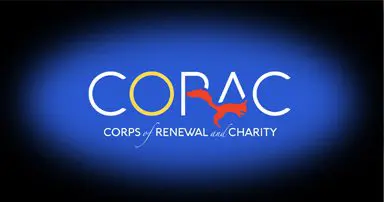

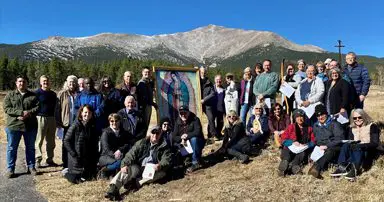
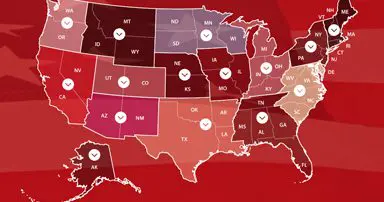




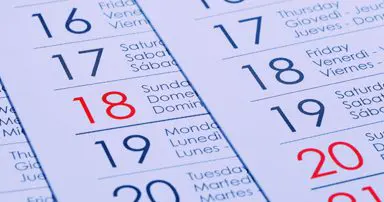
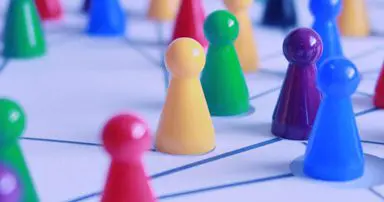
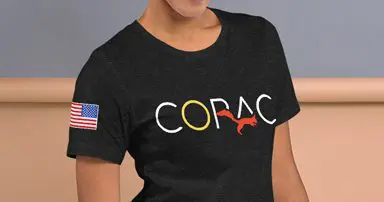



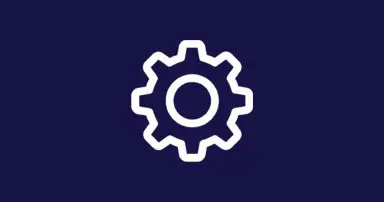




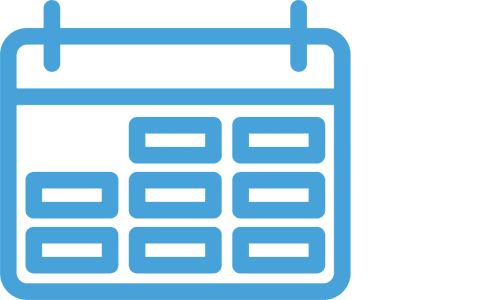





0 Comments